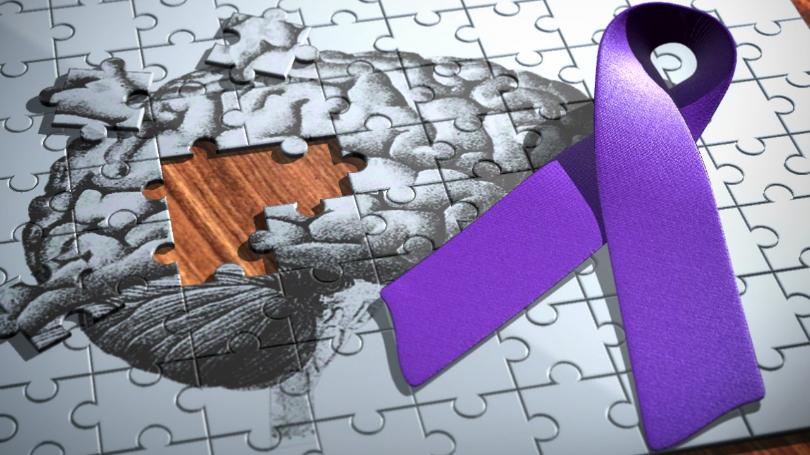What is Early-Onset Alzheimer’s?
Alzheimer’s disease is a type of dementia that primarily affects the elderly aged 65 years and above. There are cases, however, that involve people younger than 65 years who show symptoms of Alzheimer’s. This is called early-onset Alzheimer’s or young-onset dementia which accounts for about 5% of all Alzheimer’s cases.
Symptoms of Alzheimer’s Disease
The symptoms for the elderly with Alzheimer’s as well as those younger than 65 years are the same. It is important, however, to talk to a doctor if you know someone who exhibits the symptoms so the specialist can rule out other problems such as anxiety or depression which might be mistaken for Alzheimer’s.

The symptoms of early-onset Alzheimer’s include the following:
1. Changes in the person’s behavior and personality such as depression, apathy, and loss of self-confidence. Sometimes the person might withdraw from interacting with other people.
2. Disorientation and confusion in situations and places that are unfamiliar to the person.
3. Memory problems such as forgetfulness of even the most recent events and messages.
4. Difficulty in solving even the most basic problems and remembering dates, time, and location.
5. Visual problems such as the inability to tell the distance and speed of an object and difficulty in recognizing familiar items and words.
6. Language problems such as aphasia, or the difficulty of finding the correct words when interacting with other people.
These symptoms get worse over time because Alzheimer’s is a progressive disease. It will change the person’s life including his/her ability to work and provide for the family, affect his/her relationship with friends and family, and even change his/her daily habits. When the illness has progressed, the person will have severe behavior changes and mood swings, confusion, difficulty speaking and walking, severe memory loss, and suspicion and fear of familiar faces.

Types of Alzheimer’s Disease
For most people affected by the condition regardless of the age, Alzheimer’s disease manifests in two ways; genetic and common.
1. Genetic Alzheimer’s. This is a rare form of the illness, but studies point to the presence of several genes that cause a buildup of the toxic amyloid in the person’s brain. Genetic testing is sometimes recommended in Singapore for families with a history of the disease, but this does not guarantee that all the members of the family will have the same condition.
2. Common Alzheimer’s. This type is the most common Alzheimer’s experienced by affected people. Those with early-onset Alzheimer’s will exhibit the same symptoms as those experienced by the elderly and will progress depending on the person’s response to the condition, genetic makeup, treatment, and other factors.

To determine if a person has early-onset Alzheimer’s, the doctor will perform tests that involve the person’s problem-solving skills, memory and other mental skills. The specialist will also review the medical history, perform spinal fluid, blood and urine tests, MRI and CT scans, and look for biomarkers that will indicate the progress of Alzheimer’s.

Hi, Stranger! Leave Your Comment...